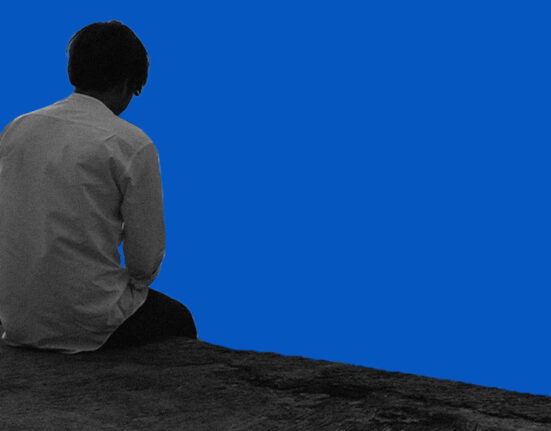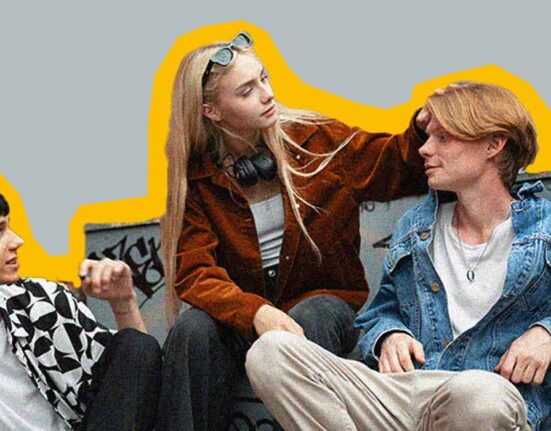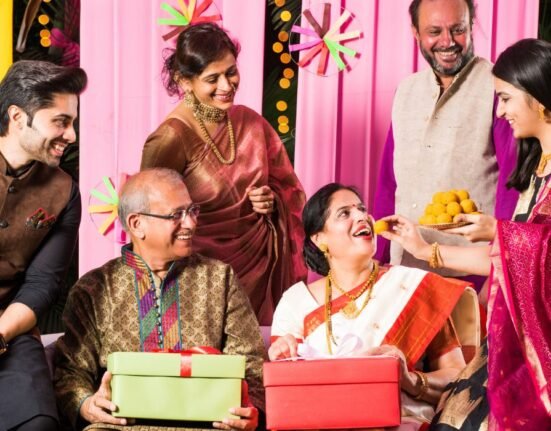Aggression is how people cross their line between being Upset & being Hurtful, and when harm is Silent, Social, & Strategic, we call it “Relational Aggression.” A quiet way to harm someone with no visible scars but causing emotional wounds like being excluded, bullied, or manipulated in a way that hurts one’s sense of Trust, Self-worth, or belonging.
Why It Matters: The Impact We Overlook
Relational aggression might not be a term we hear every day, but chances are, you’ve seen it happen or even experienced it yourself. It’s a form of emotional or social bullying where people use relationships as weapons. Think of gossip, exclusion, silent treatment, backhanded compliments, or spreading rumours; these are all tools of relational aggression.
Subtle But Serious
Unlike physical aggression, which leaves visible scars, relational aggression operates in the shadows. It’s subtle, often silent, and sometimes dismissed as “drama,” especially when it happens among young people or in social groups. But make no mistake: its effects are real, painful, and lasting. It can shatter someone’s self-esteem, cause anxiety or depression, and damage their ability to trust others.
The Smile That Hurts: How It Hides
What makes relational aggression even more tricky is how it hides behind smiles, jokes, or social games. Sometimes, the person being aggressive may not even realise the full harm they’re causing, or they may justify it as a joke or say the other person is “too sensitive.” But intentions don’t erase the impact.
The Long-Term Emotional Fallout
Relational aggression is one of the most overlooked yet deeply harmful forms of emotional violence, and what makes it especially dangerous is the damage it causes that often goes undetected. While physical bullying leaves bruises and scars that are easy to see, relational aggression hides in plain sight. It’s the quiet talk behind someone’s back, the way someone is left out on purpose, the mean look in the hallway, or the hurtful comment online that’s made to sound like a joke. It’s in the “you can’t sit with us” looks, the rumours passed like wildfire, and the sudden silence from friends that once felt like family. And because it’s subtle, even invisible, the pain it inflicts often goes unnoticed, not just by others, but sometimes by the person experiencing it.
This kind of aggression manipulates social dynamics to hurt someone emotionally, using relationships as tools to control, humiliate, or isolate. What makes it even more harmful is that it targets a core human need: connection. When someone is intentionally excluded or emotionally pushed out of a group, they’re not just being left out of a conversation; they’re being told they don’t belong.
A child might start withdrawing from school, not because they’re “lazy,” but because their social life has become a battlefield. A teenager may obsess over social media not for fun, but because every post is a minefield of coded messages and subtle jabs. An adult may dread going to work, not because of the workload, but because a colleague quietly turned others against them with a few well-placed lies. The damage builds slowly, quietly, and sometimes permanently.
Suffering in Silence: The Internalised Pain
Victims of relational aggression often suffer in silence, doubting their feelings, wondering if they’re overreacting, or even blaming themselves. And this is where the undetected damage becomes even more dangerous, because it teaches people not to trust their pain.
They begin to believe that unless someone hits them or yells in their face, what they’re feeling doesn’t count. They carry invisible scars, often for years, sometimes for life, affecting how they trust, form relationships, and even view themselves. Even more heartbreaking is that many perpetrators of relational aggression are never held accountable, because their behaviour is often cloaked in charm or dismissed as “just being honest” or “just joking.”
Society tends to ignore or minimise this type of cruelty, especially when it happens among girls or in social circles where popularity matters. In movies and TV shows, characters who manipulate others or control social dynamics are often portrayed as clever or powerful instead of harmful. This normalisation only deepens the wound for those affected. It tells them their pain isn’t valid, that their suffering is just part of the “social game.” But pain is pain, whether it’s loud or quiet, and the truth is, relational aggression can be just as destructive as any punch or shove, sometimes more.
Read More: 10 Tips for Maintaining a Positive Workplace Environment
The Mental Health Consequences
It leads to anxiety, depression, eating disorders, self-harm, suicidal thoughts, and long-term trust issues. Yet because the damage is hidden, it’s not often addressed until it’s too late. The girl who used to smile all the time now barely talks. The boy who once loved school suddenly wants to stay home. The co-worker who was once confident now avoids meetings and feels worthless.
These changes aren’t just mood swings; they can be the silent echoes of relational aggression. And until we start recognising, naming, and confronting it, this hidden harm will continue hurting people in ways that are easy to miss, but incredibly hard to heal. We must listen more closely, look more carefully, and treat relational aggression as seriously as any other form of abuse because sometimes, the deepest wounds are the ones we never see.
Recognising the Invisible Wounds
Relational aggression often flies under the radar because it doesn’t look like “typical” bullying. There are no obvious fights, name-calling, or physical threats. Instead, it shows up as fake smiles, quiet exclusion, or indirect shade, making it easy to dismiss as drama or “just how teens act.” But that’s exactly why it’s dangerous. The silence around it makes people suffer quietly, thinking it’s all in their head.
Solutions: Awareness, Empathy, and Action
Many victims don’t speak up because they’re afraid of making things worse or being called too sensitive. And often, adults miss the signs because they’re looking for something more obvious so what can be done? First, awareness is key. Knowing what relational aggression looks like helps people spot it and call it out. Schools and parents can teach empathy, kindness, and emotional intelligence early on, so kids understand how powerful their words and actions are, even the quiet ones.
Second, support systems matter. Having even one trusted friend or adult to talk to can make a huge difference. Encouraging open conversations and safe spaces helps people feel heard and valued. In short, stopping relational aggression starts with recognising its real nature and realising that kindness, inclusion, and honesty are way more powerful than gossip and games. In short, stopping relational aggression starts with recognising it’s real and realising that kindness, inclusion, and honesty are way more powerful than gossip and games.
The Ripple Effect on Friendships and Families
Relational aggression may not leave visible bruises, but its impact runs deep, often harming the very fabric of our closest relationships. Within friendships, it creates distrust, insecurity, and isolation. What begins as a subtle comment, exclusion, or rumour can quickly erode the foundation of connection and belonging that friendships are meant to offer. When young people experience this within their peer groups, it can shape how they view relationships for years to come.
In families, the influence of relational aggression can be just as profound. Children and teens often bring the emotional weight of their social struggles home. If these behaviours are dismissed or misunderstood by family members, the home, which should be a place of support, may instead become a space of silence or shame. On the other hand, families that openly talk about emotions, model respect, and offer unconditional support can play a powerful role in helping individuals recover from and resist relational aggression.
Read More: Importance of Friendships and Their Impact on Mental Health
Cultural Acceptance and Its Dangerous Impact
At the societal level, the normalisation of relational aggression – especially in media, online platforms, or even professional environments – reinforces a culture where manipulation, exclusion, or indirect harm is seen as acceptable. This culture undermines empathy, weakens community bonds, and perpetuates cycles of quiet cruelty.
Conclusion
To truly address relational aggression, we must respond at every level — as friends who uplift rather than tear down, as families that nurture emotional intelligence, and as a society that values empathy over power plays. It begins with awareness, but it must move toward intentional action. By choosing kindness, open communication, and inclusion in our everyday lives, we help build a world where relationships are rooted in trust, respect, and genuine connection — not quiet harm.













Leave feedback about this